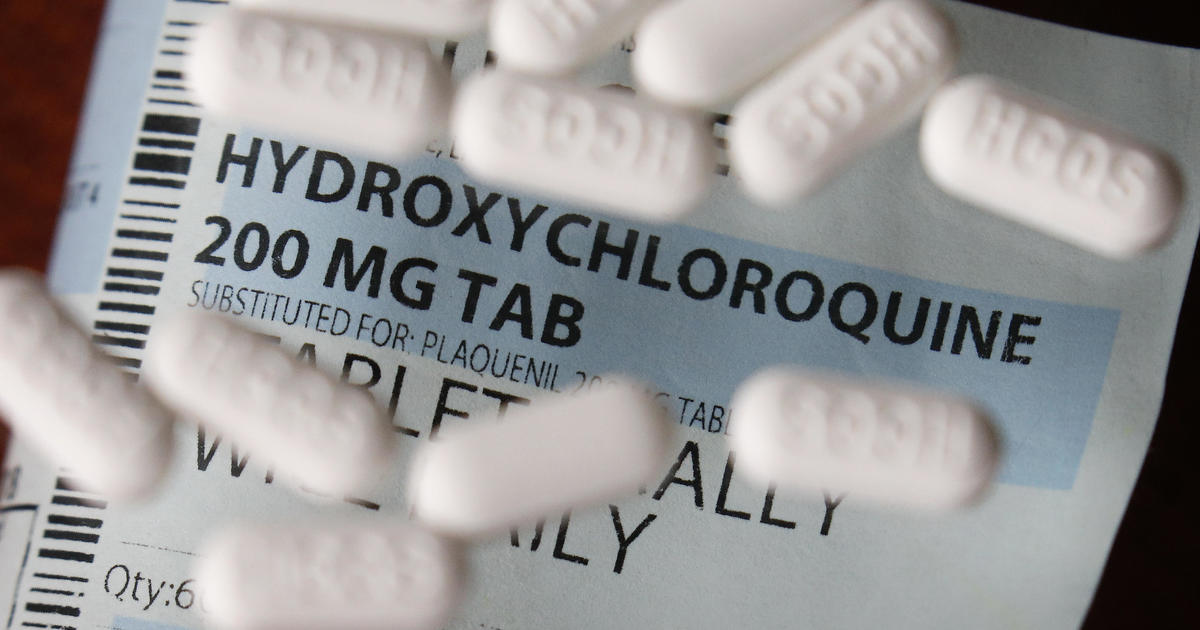Hydroxychloroquine, an old malaria drug, is ineffective for patients who have a mild version of COVID-19, the illness caused by the new coronavirus, according to a new study.
Researchers at the University of Minnesota did not find any significant difference in patients who received the drug and a placebo.
The study, published online Tuesday by Annals of Internal Medicine, found that nearly 24% of patients given hydroxychloroquine had persisting COVID-19 symptoms over a 14-day period, while about 30% of the participants given a placebo had persistent symptoms over the same period.
The researchers said the difference was not statistically significant.
They wrote, “Hydroxychloroquine did not substantially reduce symptom severity or prevalence over time in non-hospitalized persons with early COVID-19.”
The study was conducted on more than 490 non-hospitalized patients. Only 58% of the participants were tested for COVID-19 due to test shortages in the United States.
Dr. Neil Schluger of New York Medical College said the study “provides strong evidence that hydroxychloroquine offers no benefit in patients with mild illness.”
Hydroxychloroquine, which has been touted by President Donald Trump as a game-changer for treating COVID-19, is sold under the brand name Plaquenil for the treatment and prevention of malaria. It is also used for the treatment of autoimmune diseases – such as rheumatoid arthritis and lupus.
Some studies have found the drug effective at preventing COVID-19 but it raised cardiovascular concerns among some patients. Experts say that hydroxychloroquine could increase the risk of heart rhythm problems in some patients, especially those who have a pre-existing heart condition. Globally, the virus has affected more than 14 million people and killed over 599,000. In the United States, health officials have reported more than 3.7 million cases, with over 142,000 deaths.























